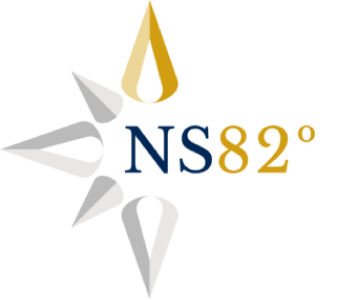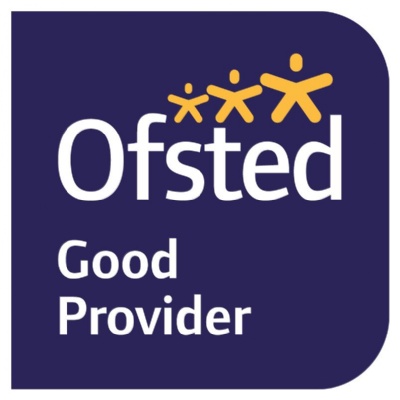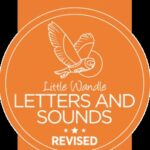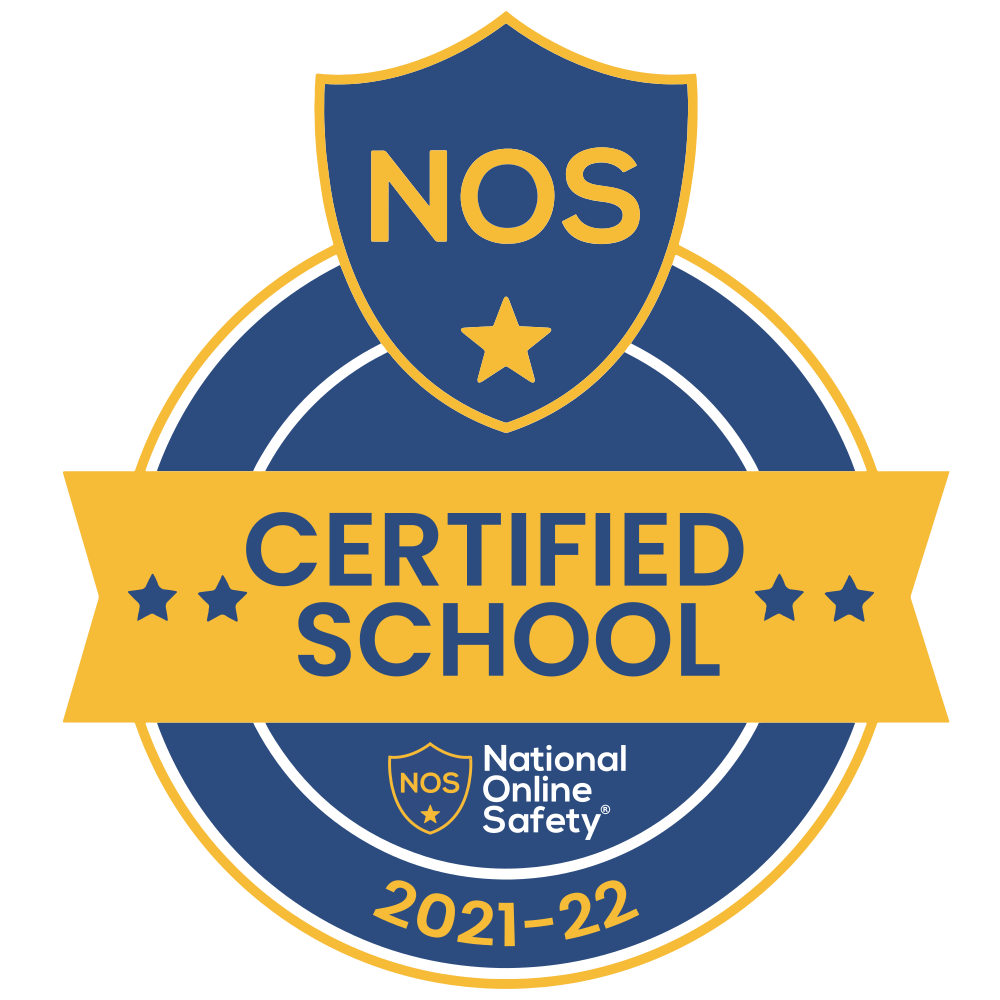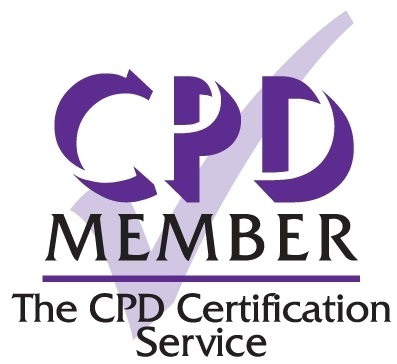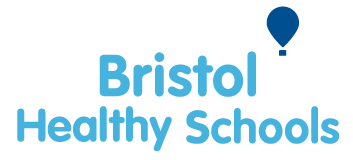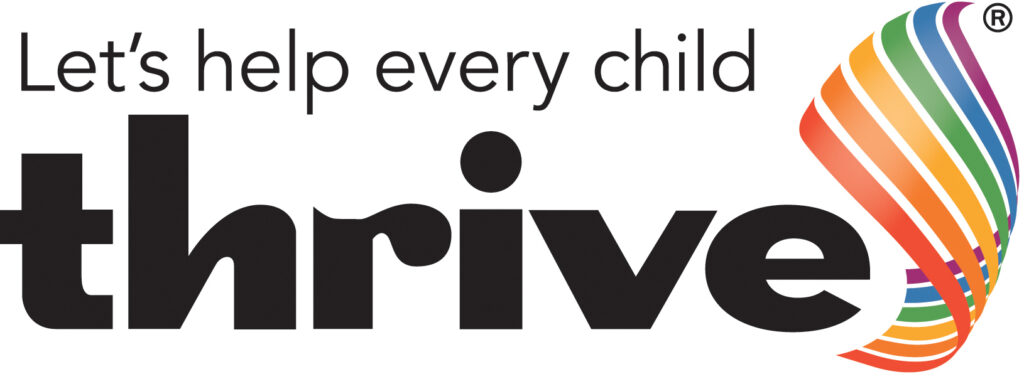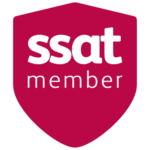English
Our aim for English is for all children to be confident speakers, listeners, readers and writers. We teach English using Talk 4 Writing, wider reading and SPaG .
Talk 4 Writing
With Talk 4 Writing, children first learn a text verbally and fully internalise it. This helps children to develop a long-term memory of the language needed for reading and writing. It then gives them the confidence to read and write independently. Children can work independently because they become very familiar with the words they are writing.
The stages of Talk 4 Writing are:
1
‘Cold Write’ – what can I already write without any help?
2
The imitation stage – learning the text by heart. This stage is underpinned by understanding the text through comprehension and grammar lessons and learning about key features.
3
The innovation stage – looking at what changes we can make to the text we now know well. Writing that new text together with lots of support.
4
The invention stage or ‘Hot Write’ – what can I now write without any help and is it better than the ‘Cold Write’ I did at the start?
This process takes 3 weeks to complete so children will learn many texts over the year. The range of texts covers fiction, non-fiction and poetry.
Working this way helps pupils become more confident when writing in other lessons.
Friday Free Write
Alongside the T4W English curriculum, all children across the school take part in a Friday Free Write to build confidence and motivation for extended writing. The lesson is not structured heavily and children are encouraged to write at length, without interruption.
The focus of confidence, pleasure and stamina for writing means that children may choose to not have this writing marked or read to the class if they don’t want to, but they will self-mark/edit every piece of writing with a purple pen. Depending on the levels of writing in different classes, this may present as writing single words or emergent writing where children will add a narrative as they read it through with an adult.
We want every child to have a love of reading and books. Many children come to our school with a negative view of themselves as readers. We use high quality reading books at the right level for the child. Children read regularly in school and at home and this gives them the skills and confidence to make great progress.
Reading is a key life-long skill. We want our students to be able to read a text out loud, e.g. to sound out the words and say them (phonics). We also teach our students to understand the meaning of what they are reading (comprehension). Each child reads to an adult at least twice a week. We encourage the children to read at home with their parents and carers because we feel reading at home is so important. We award the pupils points for doing this and check reading progress three times a year.
We also encourage reading in other ways, including our reading raffle. Any pupil who reads at home receives a raffle ticket which goes into our raffle box in each Friday assembly. At the end of each week, the raffle is drawn and one child wins a book of their choice.
SPaG (Spelling Punctuation and Grammar)
For 25 minutes of each school day we focus on SPaG. In these quick sessions, pupils are encouraged to improve their spelling, sentence structure and increase their vocabulary. Each child has a set of weekly spellings and we practice these in the SPaG lessons and have a spelling test every Friday.
We have a daily ‘Word of the Day.’ These words come from the statutory list of high frequency words. Pupils are encouraged to learn, use the word throughout lessons, and they are then discussed in our celebration assembly every Friday morning.
Spelling
Children who have completed our Phonics programme move on to daily spelling and comprehension lessons. Children complete termly spelling tests in ‘Common Exception Word’ at first. Each Monday, children are given 5 weekly spellings specific to each Childs needs. They practice these throughout the week in time for a spelling test on Fridays where the children have the opportunity to mark their own 5 word test and take responsibility for their own progress.
Phonics
Phonics is delivered to children as a strategy to read and write. Phonics breaks (segments) words down into the smallest unit of sound (phoneme). Children are then taught how to recognise these phonemes using the letters (graphemes) before pushing the phonemes back together (blending) to make a word.
At North Star 82˚, we use Little Wandle Letters and Sounds Revisited to deliver phonics to those children who need it. Little Wandle Letters and Sounds Revisited is a government validated Systematic Synthetic Phonics programme.
There are five phases in phonics. In phases 2, 3 and 5 the children learn new phonemes (sounds) every day. Phase 1 covers the foundation of phonics, early listening and sound discrimination skills, whilst phase 4 consolidates the previous learning.
How is it delivered?
On entry to North Star 82˚, we assess whether a child is still in need of phonics lessons. If they are, we assess them using the Little Wandle phonics assessment.
The Reading Leader (Phonics Lead) will then place the child in the correct phonics group. It is important that all children are working at their phonic level and learn the phonemes and tricky words in the correct order. Phonics lessons are taught daily and last between 10 and 20 minutes, depending on the level. At the end of every term, the children are assessed in the level they have been learning to assess progress and to inform next steps.
Reading Books
In line with the latest OFSTED guidance, no child will have a reading book containing phonemes and graphemes (letters) above their phonic knowledge. Little Wandle has their own reading scheme. Every child doing phonics will receive a Little Wandle reading book that is aligned to the phase they are currently on.
Reading Books for children accessing Little Wandle Phonics lessons
Children are assessed regularly according to the Little Wandle Assessment Process. The outcome of these assessments gives a level of phonics book that the children can read independently. This is usually at a slightly lower level than the Phase they are working on. This is so that they can practice phonemes and graphemes that they already know. For example if your child has recently started Phae 4 Phonics, they may be reading a book at level 3.1 or 3.2.
Phase 1
There is only 1 level in Phase 1. These are wordless book and marked with a white ‘1’ sticker.
Phase 2
There are 5 levels in phase 2. These go from 2.1 to 2.5 and are labelled with pink stickers and numbers.
Phase 3
There are 2 levels in Phase 3. These go from 3.1 to 3.2 and are labelled with blue stickers and numbers.
Phase 4
There are 2 levels in Phase 4. These go from 4.1 to 4.2 and are labelled with green stickers and numbers.
Phase 5
These are 5 levels in phase 5. These go from 5.1 to 5.5 and are labelled with orange stickers and numbers.
Phase 1
During phase 1 & 2, your child will receive a Grey Level reading books. These books have no words in them. However, you should encourage your child to tell a story using the pictures in the books.
Phase 2
During phase 1 & 2, your child will receive a Grey Level reading books. These books have no words in them. However, you should encourage your child to tell a story using the pictures in the books.
Phase 3.1
Whilst your child is in this phase they will receive a Pink Level reading book.
Phase 3.2
Whilst your child is in this phase they will receive a Red Level reading book.
Phase 5.1
Whilst your child is in this phase they will receive a Yellow Level reading book.
Phase 5.2
Whilst your child is in this phase they will receive a Blue Level reading book.
After this, pupil’s reading level will be checked regularly and children will continue to move through banded reading levels.
Parent Page
Little Wandle has a parent page that can be accessed here: https://www.littlewandlelettersandsounds.org.uk/resources/for-parents/
This page includes useful videos on the following
1. The phonemes taught and how they are pronounced
2. How to support with blending (reading) and segmenting (writing) words
3. How to support with reading
Please note, phonics programmes are written for reception and year 1 children, if your child is doing phonics at North Star 82 it is to help them fill gaps in their prior learning. We take every care to ensure that there is no mention of ‘reception’ or ‘year 1’ on their work. Please talk to your child’s class teacher about where they are in their phonics education. A list of phonemes learnt that week will also be written in their home school books.
